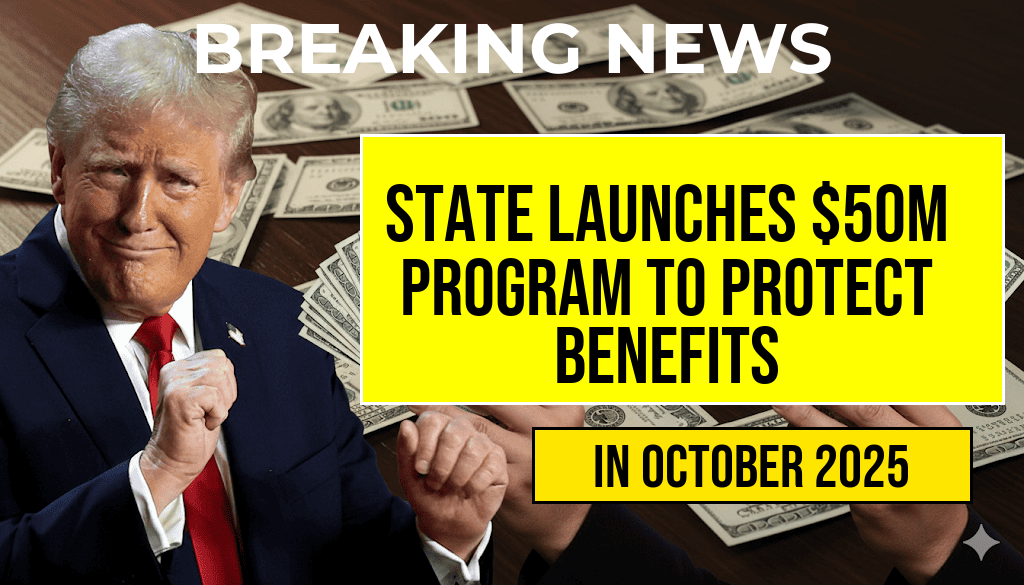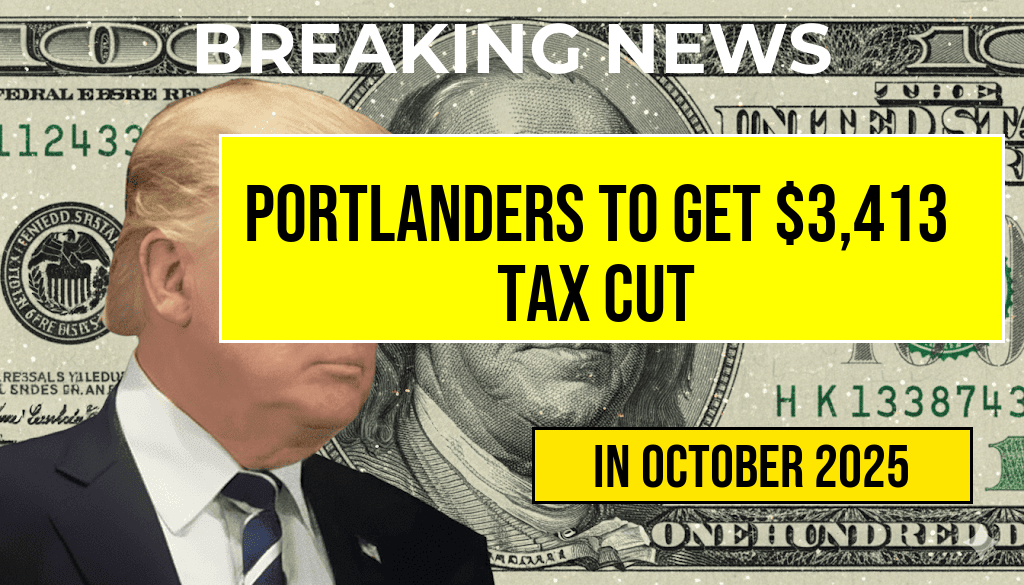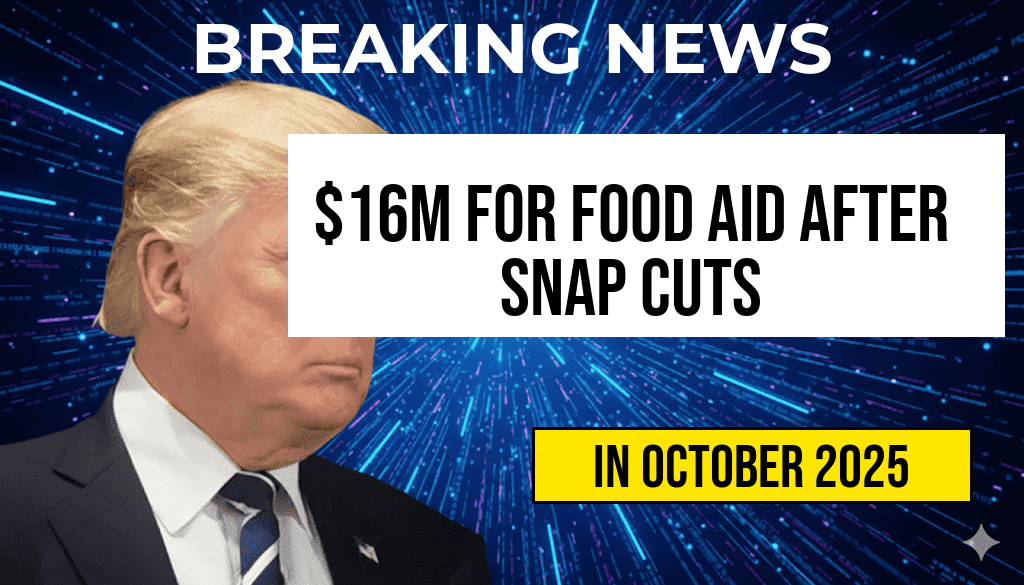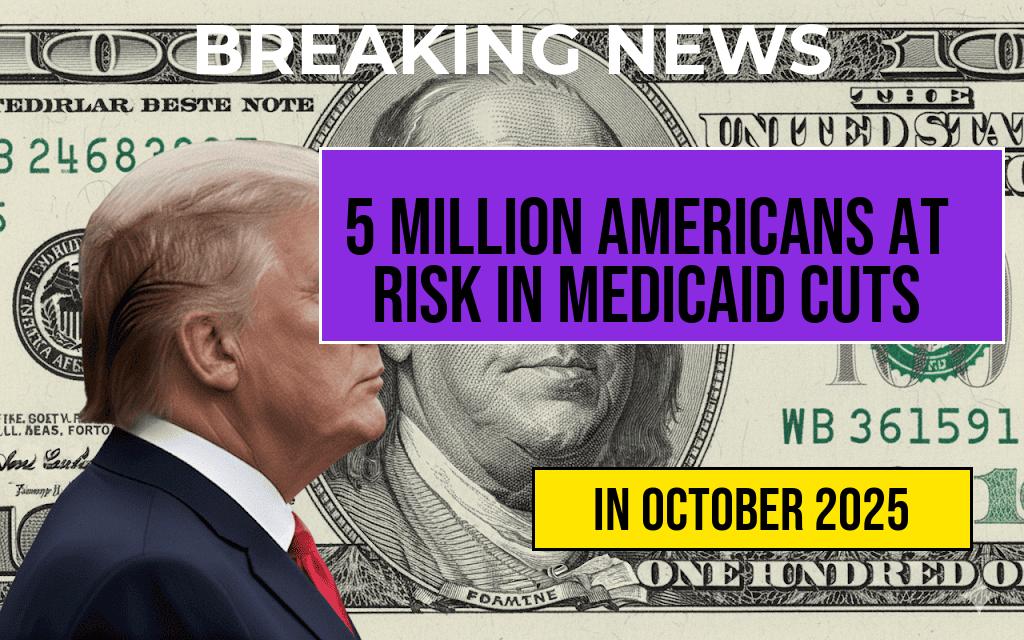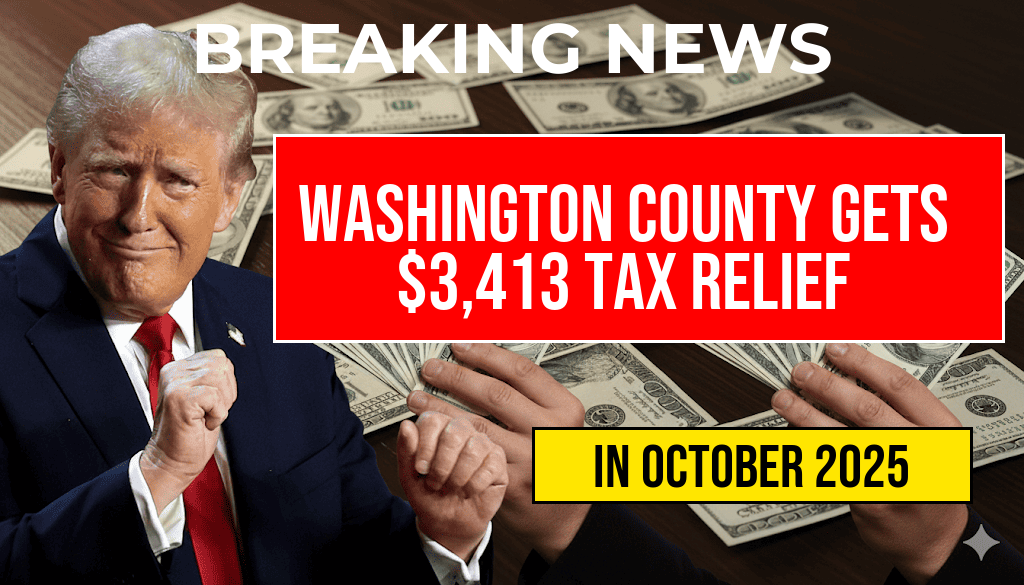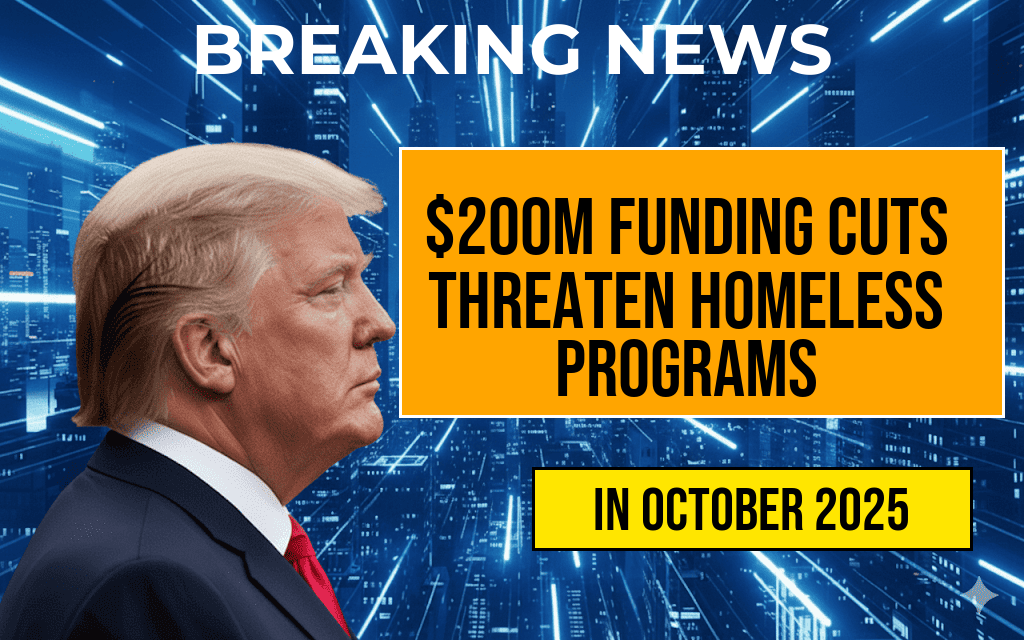The state government announced a $50 million program aimed at mitigating the impact of recent federal budget cuts to SNAP (Supplemental Nutrition Assistance Program) and Medicaid. This initiative responds to ongoing reductions in federal funding that threaten to leave thousands of residents without essential support. Officials emphasize that the new fund will provide targeted assistance, expand access to healthcare and food security, and bolster community resources amidst a challenging fiscal landscape. The move signals a proactive stance by state authorities to preserve social safety nets and ensure vulnerable populations are not disproportionately affected by federal policy shifts.
Federal Budget Cuts Drive State-Level Response
Recent federal legislation has resulted in significant reductions to both SNAP and Medicaid funding, prompting concerns among policymakers and advocacy groups. The Congressional Budget Office estimates that proposed cuts could reduce the number of Americans receiving nutrition assistance by millions and limit healthcare coverage for low-income families. States, recognizing the potential for increased hardship, have begun to explore ways to cushion the blow through supplementary funding and program enhancements.
Details of the State’s $50 Million Initiative
The newly announced $50 million program will be allocated over the next two years, with the goal of supporting residents impacted by federal reductions. Key components include:
- Expanding eligibility criteria for SNAP to ensure more low-income families qualify for assistance.
- Enhancing outreach efforts to inform eligible residents about available benefits.
- Providing additional funding to local agencies to streamline application processes.
- Increasing support for healthcare providers serving Medicaid patients through grants and subsidies.
- Launching community-based programs focused on nutrition education and healthcare access.
Expected Impact and Challenges
Officials project that the program will help protect approximately 200,000 residents from losing critical benefits and reduce the strain on local social services. The initiative aims to address disparities that could widen as federal assistance diminishes, particularly impacting vulnerable populations such as children, seniors, and persons with disabilities.
However, the program faces hurdles, including ensuring sustainable funding and coordinating efforts across multiple agencies. Critics caution that state-level remedies, while helpful, may not fully compensate for federal cuts, raising questions about long-term solutions. “This is a necessary stopgap,” said state government officials. “But we must also advocate for federal policies that prioritize social safety nets.”
Policy Context and Broader Implications
Federal vs. State Responsibilities
The tension between federal budget policies and state-level responses highlights ongoing debates over the role of government in supporting low-income populations. While federal programs like SNAP and Medicaid are designed to provide nationwide safety nets, states often step in with supplementary measures during periods of federal austerity. The current initiative reflects a broader trend of states taking proactive steps to fill funding gaps and safeguard their residents’ well-being.
Community and Advocacy Perspectives
Community organizations have voiced support for the state’s efforts, emphasizing that additional resources are critical amid federal reductions. “Every dollar invested locally is a step toward preventing food insecurity and health crises,” remarked advocacy groups. They also stress the importance of sustained investments and policy reforms to ensure long-term stability.
Financial Breakdown of the Program
| Component | Funding Amount | Description |
|---|---|---|
| SNAP Eligibility Expansion | $15 million | Broadening access criteria and outreach efforts |
| Medicaid Support Grants | $12 million | Enhancing healthcare provider capacity and access |
| Community Nutrition & Health Programs | $10 million | Local initiatives focusing on education and preventive care |
| Administrative Support & Outreach | $8 million | Streamlining application processes and awareness campaigns |
| Contingency & Reserve Funds | $5 million | Addressing unforeseen needs and program adjustments |
Stakeholder Reactions and Future Outlook
State officials have expressed confidence that the $50 million program will mitigate some of the adverse effects of federal cuts, emphasizing that the investment reflects a commitment to social welfare. However, stakeholders acknowledge that ongoing federal policy debates may require further state action.
Advocates continue to call for comprehensive reforms at the federal level to restore funding levels and expand benefits, warning that piecemeal state responses may not be sufficient in the long term. As the political landscape evolves, the effectiveness of this initiative will be monitored closely, serving as a case study in state-led resilience strategies amid federal austerity measures.
For more details on federal social safety net programs, visit Wikipedia’s page on SNAP and Wikipedia’s overview of Medicaid.
Frequently Asked Questions
What is the purpose of the new fifty million dollar program launched by the state?
The program aims to counteract federal cuts to SNAP and Medicaid by providing additional funding and support to affected residents, ensuring they continue to receive essential services.
How will the fifty million dollar fund be allocated?
The funds will be distributed through various programs and initiatives designed to support vulnerable populations, including outreach, enrollment assistance, and direct aid to healthcare providers and food assistance programs.
Who is eligible to benefit from this program?
Eligible recipients include low-income individuals and families who rely on SNAP and Medicaid. The program also aims to support community organizations that serve these populations.
When will the program be implemented?
The program is set to launch immediately, with initial funding disbursements expected within the coming weeks to ensure rapid support for those impacted by federal reductions.
How can residents or organizations access assistance through this program?
Residents and organizations can reach out through designated hotlines and website portals to apply for aid or learn more about available resources and support services.

